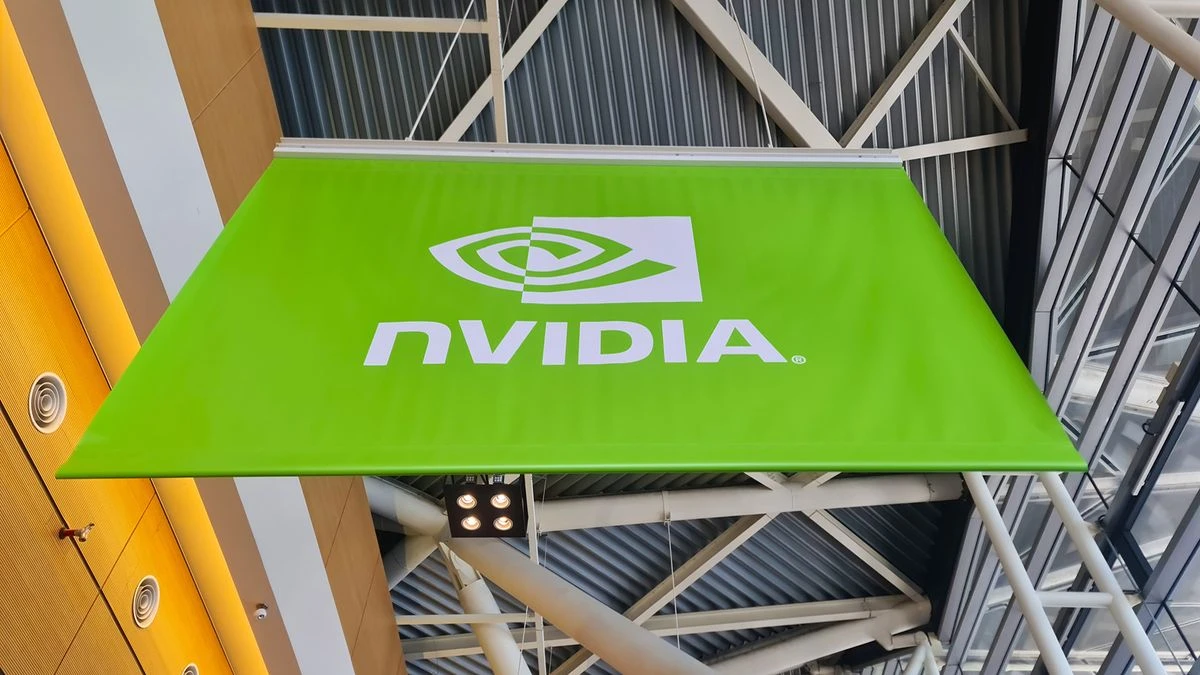Nvidia tells US Supreme Court that it should dismiss a case accusing the company to misleading investors about crypto
Nvidia probably doesn't care about lawsuits. But that doesn't mean they'll give up. It seems that the chip giant would prefer to dismiss them before they enter litigation.
The US Supreme Court just heard Nvidia’s appeal against a lower-court decision to proceed with a 2018 class action lawsuit (via Reuters). This lawsuit alleges that Nvidia misled investors by understating how much of their sales and revenue depended upon the crypto market.
Nvidia has already paid out for not disclosing this crypto dependency. Nvidia paid $5.5 million to the Securities and Exchange Commission in 2022 for not disclosing how much crypto mining accounted for its GPU sales and revenues.
This was the reason why Nvidia released "Lite Hash Rate (LHR)" versions of its graphics card.
The 2018 lawsuit, which has resurfaced, is separate. It has a turbulent history, having been dismissed in 2021, but then resurrected by the 9th Circuit Court of Appeals. Nvidia is now trying to knock it down by claiming that it's not up-to-snuff.
The Supreme Court is currently debating whether the 2018 lawsuit should be brought forward, given the rules laid out in the 1995 Private Securities Litigation Reform Act. This act aims to prevent frivolous lawsuits.
According to Reuters' report, Liberal Justice Ketanji Brown Jackson responded to Nvidia’s argument by saying: "I guess that my concern is that it appears you are requiring plaintiffs to have the actual evidence in order for them to plead their cases," when such evidence is usually not provided until a later time.
To simplify it massively, Nvidia may be claiming that the litigants require more evidence before the case is even considered by the courts.
The plaintiffs can counter by saying that is what happens after the lawsuit has been accepted for consideration. The Supreme Court is deciding where to draw the line between the two positions, and what the threshold should be for lawsuit consideration.
The lawsuit, which also involves Meta, is mentioned by Reuters as "one of two cases that the Supreme Court heard this month that could result in rulings that make it harder for private litigants for companies to be held accountable for alleged securities fraud".
If Nvidia is successful in its appeal, this could set a precedent for what level of evidence must be provided before a class-action lawsuit against large companies can be considered.
I have a burning question: Can it be that those 2018 investors who stayed in the game and are now laughing all the way up to the bank are pushing this lawsuit? Maybe it's those who were hesitant to invest back then, and are now regretting their decision. I know I'd be.




Comments